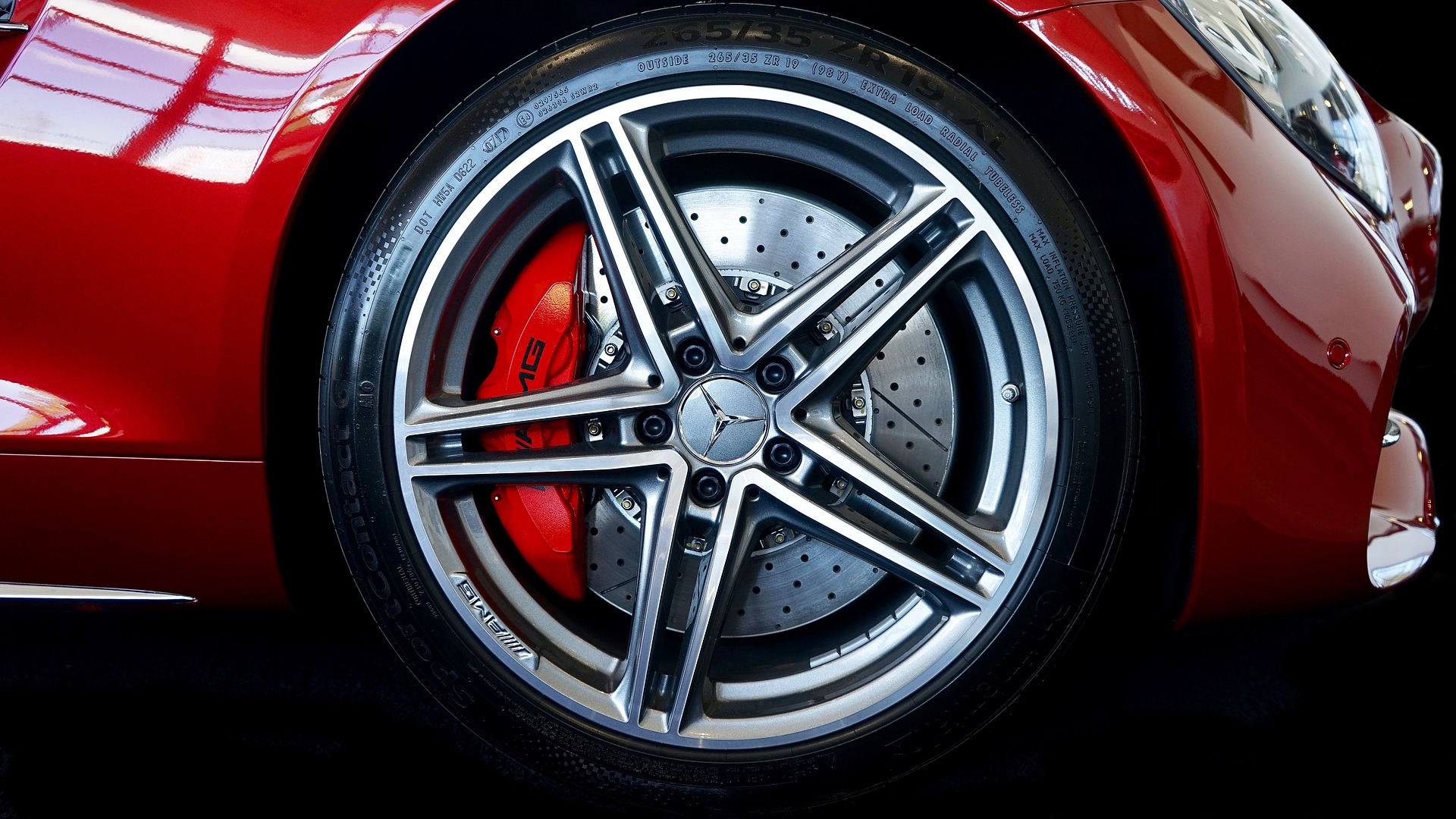
403
Sorry!!
Error! We're sorry, but the page you were looking for doesn't exist.
Putin aide claims German vehicle cold be purchased by China
(MENAFN) In a recent interview with Expert magazine, Maksim Oreshkin, a top economic adviser to Russian President Vladimir Putin, highlighted China's rapid ascent in the global automobile sector, raising concerns about the future competitiveness of European carmakers. Oreshkin pointed out that China has already claimed the title of the world's number one car exporter, posing a significant challenge to European car brands.
Expressing his apprehensions, Oreshkin suggested that renowned European manufacturers such as Mercedes and BMW might face a precarious future, potentially fading into history within the next decade. Drawing parallels with the acquisition of Volvo by China, he predicted that these iconic brands might retain their names but cease to be considered European cars.
The presidential aide attributed the declining competitiveness of European car manufacturers to a combination of factors, citing the loss of market share and technological advantage they enjoyed five to ten years ago. Oreshkin's remarks come at a time when the broader European Union, particularly Germany, its industrial powerhouse, grapples with an economic crisis triggered by the fallout from Brussels' sanctions against Russia in response to the Ukraine conflict. The sanctions deprived the European Union of affordable energy from Russia, impacting its industrial sector significantly.
Earlier this year, Hildegard Muller, the head of Germany's Association of the Automotive Industry, had already issued a warning about the country's diminishing international competitiveness in the automobile industry due to soaring energy costs. Oreshkin's comments now underscore the broader challenges faced by European carmakers, suggesting a potential transformation in the industry's landscape.
China's emergence as the world's largest automobile exporter in the first quarter of this year, surpassing Japan, further accentuates the shifting dynamics in the global auto market. With an export volume showing robust year-on-year growth, China's dominance in the sector raises questions about the future of European automakers and the potential geopolitical ramifications of such a transformation. This article delves into the complexities of the evolving global auto industry, examining the economic challenges faced by European car manufacturers and the implications of China's expanding influence in the sector.
Expressing his apprehensions, Oreshkin suggested that renowned European manufacturers such as Mercedes and BMW might face a precarious future, potentially fading into history within the next decade. Drawing parallels with the acquisition of Volvo by China, he predicted that these iconic brands might retain their names but cease to be considered European cars.
The presidential aide attributed the declining competitiveness of European car manufacturers to a combination of factors, citing the loss of market share and technological advantage they enjoyed five to ten years ago. Oreshkin's remarks come at a time when the broader European Union, particularly Germany, its industrial powerhouse, grapples with an economic crisis triggered by the fallout from Brussels' sanctions against Russia in response to the Ukraine conflict. The sanctions deprived the European Union of affordable energy from Russia, impacting its industrial sector significantly.
Earlier this year, Hildegard Muller, the head of Germany's Association of the Automotive Industry, had already issued a warning about the country's diminishing international competitiveness in the automobile industry due to soaring energy costs. Oreshkin's comments now underscore the broader challenges faced by European carmakers, suggesting a potential transformation in the industry's landscape.
China's emergence as the world's largest automobile exporter in the first quarter of this year, surpassing Japan, further accentuates the shifting dynamics in the global auto market. With an export volume showing robust year-on-year growth, China's dominance in the sector raises questions about the future of European automakers and the potential geopolitical ramifications of such a transformation. This article delves into the complexities of the evolving global auto industry, examining the economic challenges faced by European car manufacturers and the implications of China's expanding influence in the sector.

Legal Disclaimer:
MENAFN provides the
information “as is” without warranty of any kind. We do not accept
any responsibility or liability for the accuracy, content, images,
videos, licenses, completeness, legality, or reliability of the information
contained in this article. If you have any complaints or copyright
issues related to this article, kindly contact the provider above.


















Comments
No comment